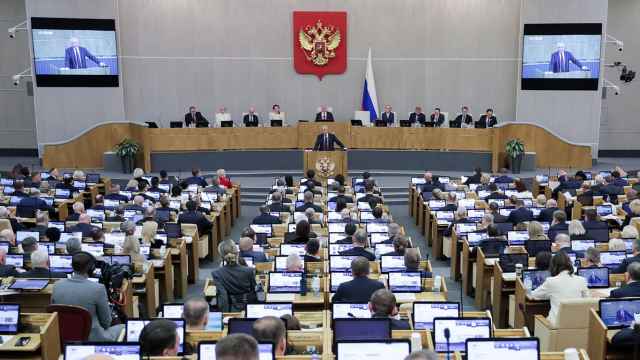
Elizaveta Ivanova
Of Counsel
Salans
Recent legislation on the national payment system, or NPS, fills a number of gaps in the prior law in such principal areas as (i) the electronic payment systems and (ii) electronic money, which lacked any sort of adequate regulation in Russian law. In this sense, the NPS legislation is both modern and timely.
In particular, payment systems are a more effective method of handling money transfer services in comparison with traditional interbank relationships. The fundamental difference is that payment systems are organized on a multilateral basis, whereas traditional interbank relationships are structured on a bilateral basis. Thus, participating in a payment system gives banks the opportunity to conduct settlements with one another without having direct correspondent account agreements, thereby avoiding having to conduct settlements via a "chain" of banks.
Participating banks are connected by uniform payment system rules, which are developed and adopted by the system's operator, which is the central organizational, administrative and controlling element of the payment system (and is subject to registration with the Central Bank). The handling of funds transfers and settlements between participating banks within the framework of a payment system is supported by payment infrastructure servicers retained by the payment system operator, and which include (1) the operations center; (2) the payment clearing center; and (3) the settlement center.
One of the key innovations in the NPS legislation is the introduction of the concept of multilateral netting (or, using the terminology of the NPS legislation, "determination of the net-basis payment clearing position"), without which it is practically impossible for a contemporary payment system to function. In addition, steps have been taken so that the institution of multilateral netting is upheld (and not challenged) in case of the bankruptcy of participating banks.
In principle, the goals of developing the Russian financial system and payment infrastructure are positive ones, but certain methods of the NPS legislation for achieving these goals raise serious doubts, in particular concerning the restrictions imposed by the NPS legislation on cross-border payment systems.In essence, the NPS legislation obligates international payment systems to become "local" payment systems in order to be able to operate within Russia and to handle local payments (whereas historically international payment systems have functioned in Russia through foreign operators).
Creating a functioning local structure to conform to still-untested legal norms may require significant endeavors and investments. This essentially creates favorable terms of a sort for local payment systems — unfortunately, at the expense of curbing to a certain degree the activity of international payment systems. The requirement for international payment systems to create a local structure seems artificial and excessive, since the local system would duplicate an existing and tested cross-border structure that conforms to high standards.
As for the regulation of e-money, the NPS legislation has introduced a monopoly for credit institutions to issue and transfer electronic money. It is a positive sign that the definition of electronic money is based on the approach adopted in international practice, namely, using the principles of prepaid value and the monetary obligation of the electronic money issuer to the person that has provided the underlying funds.
The NPS legislation also took steps toward introducing various new e-money-based products, such as mobile payments; the division of prepaid products into personalized and non-personalized; and the recognition of the possibility for the use of electronic money and electronic means of payment by legal en-tities.
Given that the NPS legislation is quite skeletal in nature, serious doubts remain concerning the implementation of the new legislation, where a lot will depend on the role of the Central Bank and its implementing acts and policies.
A Message from The Moscow Times:
Dear readers,
We are facing unprecedented challenges. Russia's Prosecutor General's Office has designated The Moscow Times as an "undesirable" organization, criminalizing our work and putting our staff at risk of prosecution. This follows our earlier unjust labeling as a "foreign agent."
These actions are direct attempts to silence independent journalism in Russia. The authorities claim our work "discredits the decisions of the Russian leadership." We see things differently: we strive to provide accurate, unbiased reporting on Russia.
We, the journalists of The Moscow Times, refuse to be silenced. But to continue our work, we need your help.
Your support, no matter how small, makes a world of difference. If you can, please support us monthly starting from just $2. It's quick to set up, and every contribution makes a significant impact.
By supporting The Moscow Times, you're defending open, independent journalism in the face of repression. Thank you for standing with us.
Remind me later.





